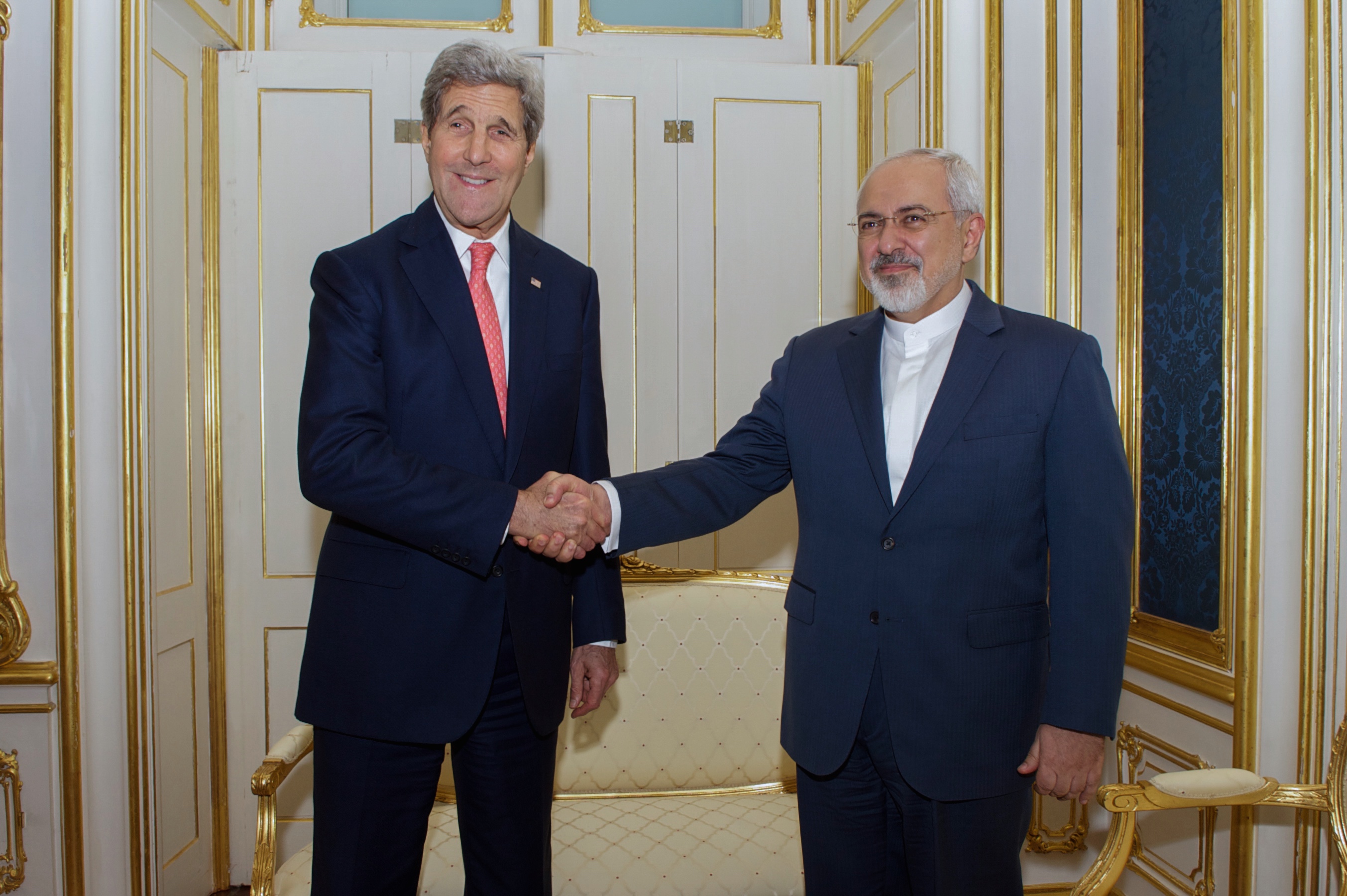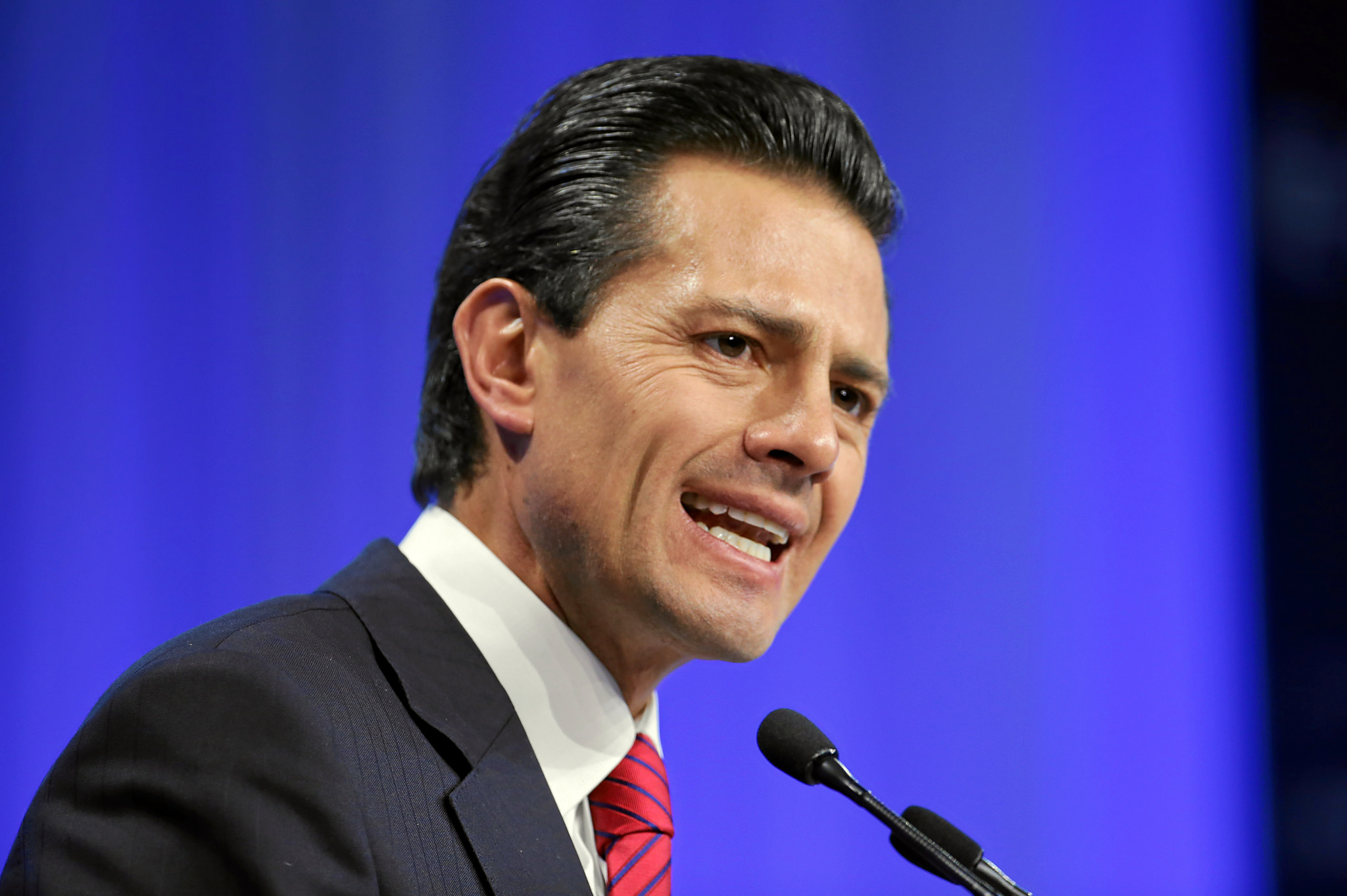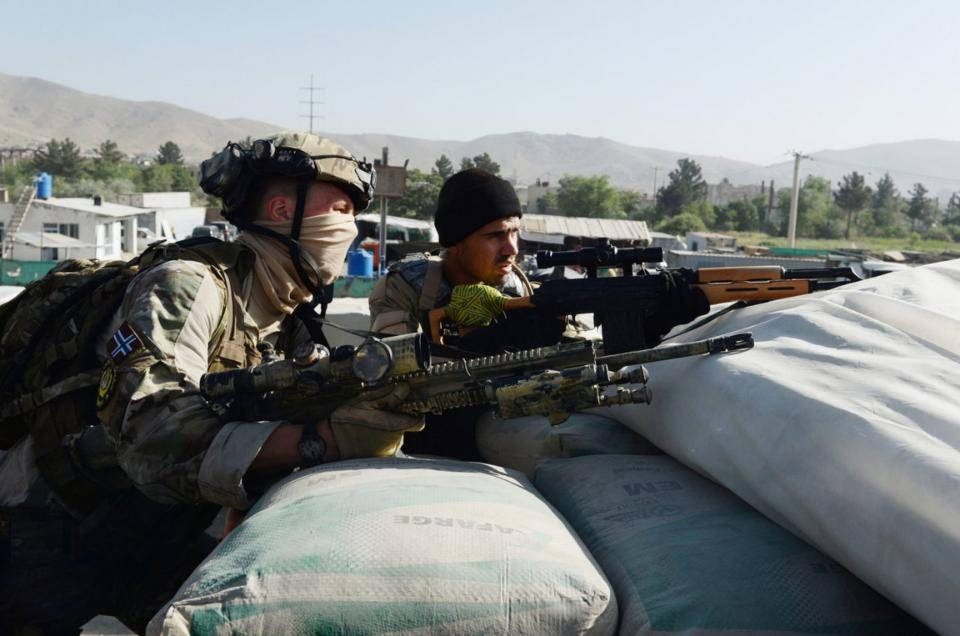Guest post by Matthew Cebul

The Iranian nuclear negotiations and the U.S. sanctions regime are a perennial hot topic, with debates on the subject embroiling policy experts and armchair observers alike. Most recently, President Obama’s extension of negotiations through June 30th has triggered renewed congressional pressure for sanctions legislation (though the clamor has subsided until March), a controversial congressional appearance by Israeli Prime Minister Benjamin Netanyahu, and a fresh round of press on the merits and drawbacks of sanctions. Negotiation supporters argue that there is still time to strike a deal that would avert a nuclearized Iran; opponents claim that Obama is being played, and is sacrificing core American interests in the process.
Underlying these arguments is a theoretical question about the value of firm temporal deadlines to effective coercive diplomacy. Thus far, Obama and the P5+1 have taken a flexible approach to negotiations, pushing back the target date twice since signing the interim agreement in January 2014 (a four month extension in July, and an additional seven month extension last November). Thus, the Obama administration has treated deadlines as mile-markers for progress as opposed to firm end-points for negotiations. This reliance on soft bargaining deadlines deserves scrutiny: how do soft deadlines affect the conduct of negotiations, and when are they likely to be useful?
To start, the traditional rationale for firm diplomatic deadlines finds its roots in Thomas Schelling’s foundational work on compellence.[1] Schelling argues that compellence consists of a demand, a threat of action if that demand is not met, and a designated time by which the opponent must comply to avoid punishment. While we intuitively focus on the first two elements, for Schelling the third is also vital; as he writes, “If the action carries no deadline it is only a posture, or a ceremony with no consequences … Compellence, to be effective, can’t wait forever.”[2] Without a time constraint, the threat is ambiguous and the defender feels no urgency to comply with the demand. Thus, the traditional account of compellence suggests that soft deadlines are ineffective tools of coercive diplomacy.
Indeed, the Obama administration has encountered this exact problem in the Iranian negotiations. By repeatedly extending the negotiations and promising to veto new sanctions, Obama has inadvertently signaled a lack of resolve to Iran; Supreme Leader Khamenei is likely to infer from these moves that Obama would rather accept an unfavorable deal than fail to reach an agreement. Thus, Obama’s soft deadlines are too flexible to encourage the Iranians to make the unpleasant compromises necessary for a viable accord; despite Congress’ saber-rattling, Iran’s best bet has been to hold out in the hopes that Obama will eventually reduce his demands. Notably, this is true regardless of Iran’s underlying motivations for nuclear development; even if Iran ultimately intends to cooperate, there is no reason for it to make concessions now if it can get a better deal by waiting.
Yet despite these concerns, there are at least three possible justifications to avoid firm deadlines in favor of a more flexible approach. First, the obvious: if the threat of punishment is in fact a bluff, setting a firm deadline risks the defender calling the bluff, clearly observing the challenger’s lack of resolve, and then refusing any concessions on the issue. In this case, extending the negotiations and hoping that the defender decides to compromise may be the only chance that the challenger has to win concessions, however lopsided the eventual deal may be.
We find this dynamic at work in the Iranian case, resulting from the difficulties of international sanctions coordination. While many members of Congress have demonstrated a near-rabid desire for sanctions (for example, Senator Tom Cotton), unilateral sanctions have been largely ineffectual; what matters is the continued commitment of the EU to the crippling multilateral sanctions regime.[3] However, their dedication to the cause is less than forthcoming. The U.S.’s partners have fallen in line behind Obama, with the British, French, and German foreign secretaries co-authoring an op-ed against new sanctions and Prime Minister David Cameron personally phoning U.S. Senators to that effect. These countries are likely averse to additional sanctions because they too would prefer an unfavorable deal to no deal; as the op-ed cited above reveals, “new sanctions at this moment might also fracture the international coalition that has made sanctions so effective so far.” If Obama believes that he cannot hold the international sanctions regime together, then setting a firm deadline for sanctions is a bad call.
A related problem is that a firm deadline could provide Iran with a diplomatic “out”: Iranians could complain that they were willing to continue negotiations but the U.S. left them at the table, thus placing the blame squarely on Obama’s shoulders. This blame may work to de-legitimize the sanctions regime, or at least provide reluctant partners with an easy excuse to bail out. Obama’s desire to “exhaust all diplomatic options” likely stems from his recognition that a failure to do so could break the sanctions regime; again, the need for multilateral cooperation complicates the credibility of the threat, making firm deadlines a risky proposition.
Finally, a relatively unexplored problem: firm deadlines may lead the defender to believe that the challenger is not truly interested in cooperation. To see this, we return to Schelling. In addition to the credibility of threats, Schelling also notes the importance of assurances against future punishment to bargaining success; the defender has no reason to cooperate if she believes that the challenger will punish her regardless of her behavior.[4] This results in a credibility dilemma: the more credible the threat, the less credible the reassurance. Yet while Schelling and others have recognized the dilemma, scholars have paid less attention to how the choice between firm and soft deadlines affects the credibility of assurances. The crux of the matter is that negotiations are built on trust; to accept a bargain, the defender must have faith that the challenger will keep her word. This trust is difficult to come by, particularly in negotiations between bitter rivals that harbor serious misgivings about one another. In these circumstances, building trust takes time and repeated attempts to signal a desire to move towards a cooperative relationship. However, firm deadlines eliminate that time and preclude the development of trust. Thus, when confronted with a strict deadline, a defender may infer that the challenger is unwilling to truly commit to repairing relations, and therefore that future animosity and punishment is likely regardless of the defender’s behavior on this particular issue. Given that inference, refusing to compromise may be the defender’s best bet, as making concessions now would weaken the defender in future confrontations.
It is through this lens that we should interpret the Obama administration’s use of soft deadlines in the Iranian negotiations. Obama’s approach to the negotiations has consistently sought to foster trust between Iran and the Obama administration. Extending negotiations bought time for further interactions between the parties, whose respective heads of state had not spoken in three decades prior to President Rouhani’s famous phone call, and demonstrated Obama’s commitment to repairing relations following the prior administration’s overt desire for regime change in Iran. Indeed, Obama’s personal willingness to stay the course even in the face of domestic pressure has likely contributed greatly to the progress made thus far. Similarly, when the administration claims that a sanctions deadline would empower Iranian hardliners, it is worried that congressional hawkishness signals that the U.S. will remain hostile towards Iran regardless of the deal, discrediting Rouhani and undermining the nascent trust that he and Obama have worked to develop.
In sum, while the traditional coercive diplomacy equation calls for a demand + threat + time constraint, firm deadlines have significant downsides: they risk a complete loss if the threat of punishment is not credible, and they may also sow suspicion when trust is most needed. In contrast, while soft deadlines may fail to force the desired concessions, they may nonetheless be essential starting points for negotiations between states that share a troubled history, who are unlikely to trust one another enough to arrive at a deal without a confidence-building period. Thus, the type of deadline is an important component of bargaining strategy: one must be firm enough to elicit concessions, but flexible enough to convince the opponent that one is genuinely interested in cooperation.
What does this analysis suggest about Obama’s future steps in the Iranian negotiations? As I am not privy to Khamenei’s strategy sessions, I will avoid speculation about how effective Obama’s trust building approach has been thus far. However, I am confident that this extension of negotiations will be the last. As Congress’ patience for negotiations has all but evaporated, Obama simply cannot stall for more time—absent a deal, his sanctions veto will be overruled by a bipartisan majority. Moreover, Obama has offered ample concessions, and has even hinted at preliminary sanctions reductions without congressional approval; there is little else he can do to either build trust or sweeten the deal. Indeed, Secretary Kerry’s recent remarks describing an additional extension as “impossible” show that the administration is shifting gears, moving from soft deadlines towards a firm one to clearly convey the urgent need for Iranian concessions. So it’s now or never: a lack of breakthrough Iranian compromise by the P5+1’s unofficial March 31st deadline will signal Obama and Rouhani’s failure to overcome decades of animosity between the U.S. and Iran. Yet diplomatic failure would not imply that Obama was wrong to originally pursue a flexible approach to the negotiations. Obama was right to do everything in his power to bring the Iranian horse to water; but at the end of the day, he cannot force it to drink.
[1] Schelling, Thomas. 1966. Arms and Influence. New Haven: Yale University Press.
[2] Schelling, Arms and Influence, pg. 72.
[3] For a thorough account of how sanctions have impacted the Iranian economy, see Katzman, Kenneth. January 2015. “Iran Sanctions.” Congressional Research Service. Available here.
[4] Schelling, Arms and Influence, pg. 74-75.
Matthew Cebul is a PhD candidate in political science at Yale.








2 comments
So basically, if the negotiations break down, we run the risk of using military force. Wouldn’t this also reopen the clearly unhealed wounds from the wars in Iraq and Afghanistan? It would seem as though it would undo all of the work placed into reducing the amount of ground troops in harm’s way.